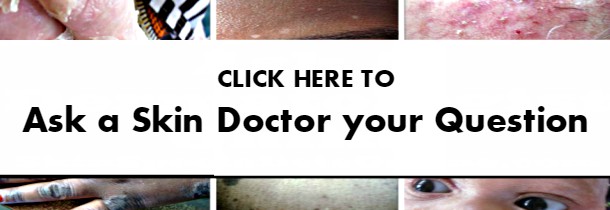
CAUSES OF URTICARIA
Causes of acute urticaria include:
1. Drugs like cephalosporins, egg and gelatin based vaccines and non-steroidal anti-inflammatory drugs (NSAIDS) like ibuprofen.
2. Foods like shellfish, wheat, eggs, milk and cheese.
3. Bacterial infections like pharyngitis, respiratory infections and gastrointestinal infections caused by group A streptococci and Helicobacter pylori.
SYMPTOMS OF URTICARIA
Symptoms of urticaria can develop within minutes to hours of coming in contact with the causative allergen.
These symptoms include itchy, raised swellings.
TREATMENT FOR URTICARIA
Pre-hospital Treatment
If the individual has symptoms of associated angioedema or anaphylaxis like:
* voice changes or hoarseness of voice
* wheezing
* light headedness or fainting episodes,
they should be given an injection of 0.3 to 0.5 mg of epinephrine (adrenaline) in the muscle.
Other medications that can be given before they get to the hospital include:
1. Diphenhydramine 50 mg in the muscle or 25 mg in the vein
2. Albuteral nebulized
3. Oxygen
4. Fluids in the vein
Emergency Department Treatment
The following medications are used for the treatment of urticaria:
1. Antihistamines like diphenhydramine and hydroxyzine.
2. Glucocorticoids like prednisone.
3. Epinephrine or adrenaline is mainly used if there are associated symptoms of angioedema and anaphylaxis.
4. Capsaicin cream can be applied on refractory chronic urticaria skin lesions.
5. Cyclosporine is an immunosuppressive which as been used to treat refractory chronic urticaria.
Treatment of Underlying Causes
In addition to using the above medications, treatment of both acute and chronic urticaria involves treating any underlying diseases or stopping any causative medications.


